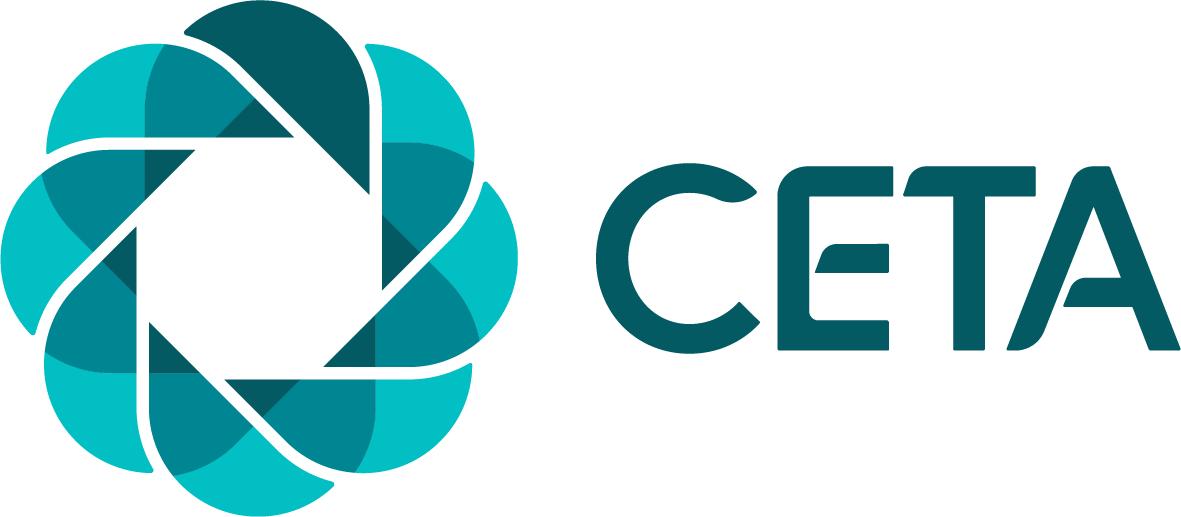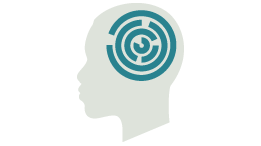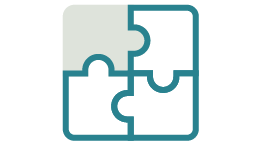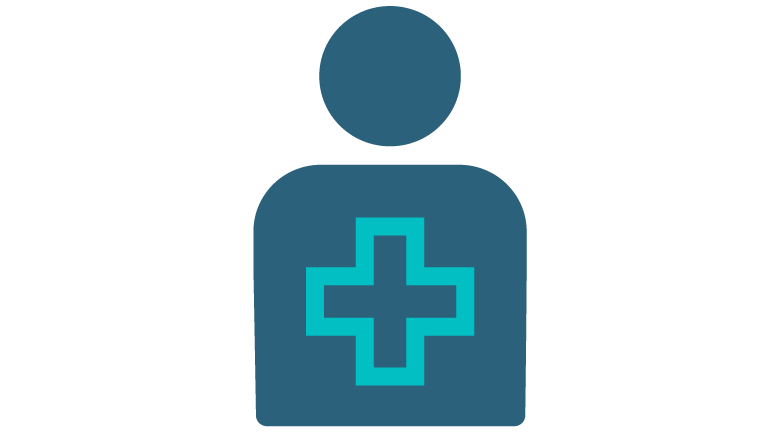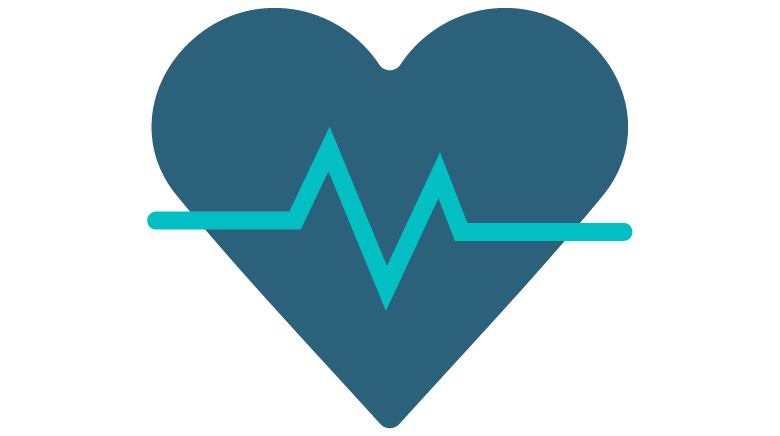
What is CETA?
The Common Elements Treatment Approach (CETA) is designed as a common elements approach that addresses multiple behavioral and mental health problems within one program, allowing for an effective, individualized system of care that can be implemented by professionals and lay providers.
WHY Use CETA
The Problems:
Problem 1
Problem 2
Problem 3
Problem 1: Funders and organizations do not use well-studied, evidence-based approaches (often due to problem 2 and 3 below!).
Problem 2: Behavioral and mental health approaches are single-focused (e.g., address ONLY depression) when most problems are co-occurring (e.g., depression, HIV adherence, substance use, etc.). Addressing one problem at a time is lengthy, costly, and thus unscalable.
Problem 3: Behavioral and mental health exists on a continuum (e.g., mild to severe) and is ever changing – most programs address only one area of the continuum.
The Solutions:
CETA addresses multiple public-, behavioral-, and mental-health problems within a single approach.
CETA has been rigorously studied, assuring effective care.
CETA is more cost effective than scaling up multiple single-focused programs.
CETA addresses all areas of the continuum of care.
COMMON ELEMENTS
CETA includes the following elements that can be used individually or in combination to address behavioral and mental health problems in adults and youth.
engagement & education
This element includes psychoeducation on typical behavioral and mental health-related problems and techniques (e.g., normalization of such feelings) to decrease stigma, increase treatment buy-in, and provide clients with information on how services can help them with their problems.
Cognitive Coping & Restructuring (Think Differently)
There are some situations in life that we cannot change, but we can change how we think about the situation in order to feel better and not get “stuck” in unhelpful emotional and behavioral patterns. This element includes helping clients to change unhelpful thoughts (e.g., “Things will never get better”).
BEHAVIORAL ACTIVATION
Often when people are in stressful situations, they stop taking care of themselves and stop engaging in enjoyable activities. This element includes helping clients change their daily behaviors in order to feel better.
Confronting Fears & Trauma Memories
Many people experience very scary, dangerous events that result in memories that cause high distress (e.g., nightmares, flashbacks). This element includes helping clients think and talk about trauma memories with less distress.
Safety Assessment & Planning
Many individuals have thoughts of hurting themselves/others and/or face unsafe situations in their homes or communities. This element includes assessing the severity of safety issues as well as safety planning to reduce the likelihood of harm.
Substance Abuse Intervention
Using substances can negatively impact people’s functioning. This element includes the assessment of current substance use as well as helping the client learn strategies to meet their substance reduction goals.
Problem-Solving
Problems can feel overwhelming and impossible to solve. This element helps clients to solve their problems, increases feelings of agency, and often decreases unhelpful emotions (e.g., frustration, sadness) around the situation.
Anxiety Management
People sometimes fear things that are actually safe and may experience tension in the body when they are anxious. This element helps the client to gradually face the fear without anxiety and learn multiple techniques (e.g., deep breathing, imagery) to reduce tension.
CAREGIVER SKILLS
Some children have behavioral problems. This element teaches caregivers different skills such as praise, consequences, special time/positive attention, selective attention, and many other behavioral management strategies.
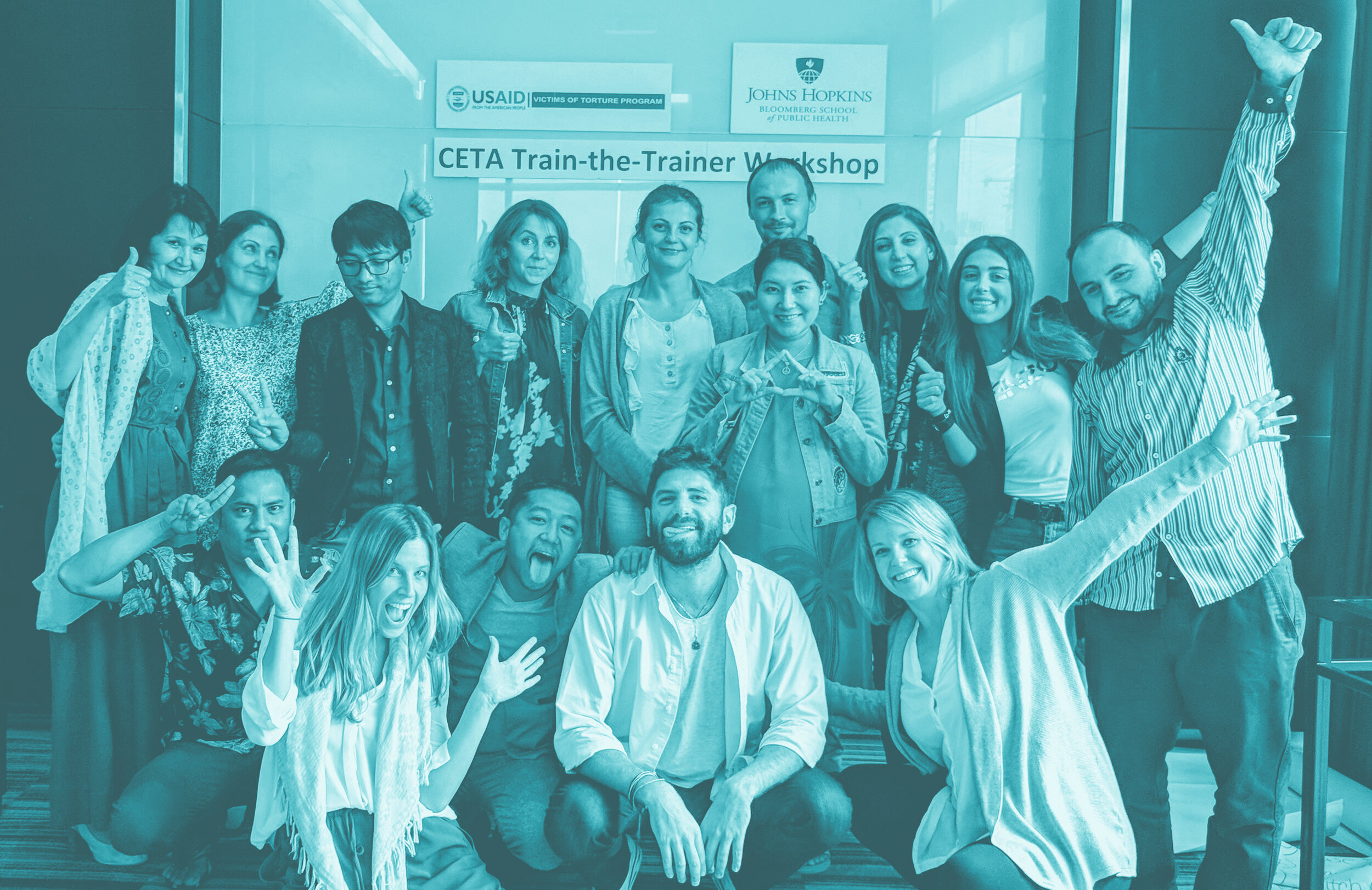
how we help
Our team and collaborating partners have studied and/or implemented CETA around the globe serving a range of individuals, groups, and/or organizations to address multiple problem areas. Our work weaves together various interrelated health topics and implementation factors:
Behavioral and Mental Health
Common behavioral and mental health problems include sadness, anger, aggression, post-traumatic stress, depression, anxiety, and/or alcohol or drug misuse. CETA has been shown to decrease behavioral and mental health symptoms as well as increase functioning and well-being, helping individuals become healthier, happier members of society.
Find out more about our CETA services
Program Implementation
Through decades of research, we have found that a program is only as good as its implementation. We work with non-governmental, governmental, and private entities to effectively integrate evidence-based programs into their organizations to ensure optimal outcomes.
Find out more about our Implementation Services
Interpersonal Violence (IPV)
Occurrence of physical, sexual, or emotional violence between individuals is a growing global problem. CETA is an effective intervention that can reduce violence by working with survivors and offenders of violence.
Learn more about how CETA helps with IPV
Monitoring and Evaluation
Our team values evidence-based care and measured outcomes. Part of implementation success is monitoring and evaluating of programs to ensure that beneficiaries are receiving effective care. We work with businesses, NGOs, and other organizations to help them reach their program goals.
Find out more about our Monitoring and Evaluation services
Prevention and Wellness
We want to see people thrive. Daily stressors and life obstacles often get in the way of happy living. We work with private and public sector companies to implement programming that increases staff and beneficiary wellness and functioning.
Safety
Suicide, homicide, and child abuse are global concerns, yet safety and risk are rarely addressed by existing programs. We train providers how to assess safety and complete safety planning. This is an element that can be implemented within a variety of programs to ensure the safety and well-being of individuals served and/or staff.
Training
Research shows that one-off trainings are not effective for behavioral change. We have expertise in utilizing an Apprenticeship Model of training for CETA and other related approaches. We work with organizations to ensure their staff and beneficiary trainings result in the desired knowledge and/or behavioral change.
Who We Impact
CETA and/or elements within CETA are adaptable to serve a range of key populations, individuals, groups and/or organizations:
trauma survivors
Anyone who has experienced and/or witnessed trauma or violence such as sexual or physical abuse, community/political violence, war, medical trauma, vehicle accidents, and/or emotional abuse. Many of our collaborations focus on serving victims of torture and/or women and children who are victims of physical, sexual or emotional abuse. The elements of CETA are suited to address ongoing safety issues to prevent the abuse from occurring again as well as treat any mental health related issues, including traumatic, depression, anxiety, substance misuse, or relationship problems. Our work here has included people across the lifespan in areas like Iraq, Zambia, Cambodia, Myanmar, Ukraine, and many others.
ARMED CONFLICT SURVIVORS
Those who have been impacted by war or combat, serving in the military, a rebel group, or militia. Working with armed conflict survivors typically also includes family members who are also affected. Those impacted by armed conflict often experience trauma-related problems, depression, traumatic grief (e.g. after losing comrades), and/or adjustment challenges. We have worked with veterans in Iraq and Ukraine, and are beginning a project in Chicago.
IDPs
There are many individuals who are internally displaced (or who remain in their country of origin) but are removed from their homes to a new area due to violence or natural disaster. Some people are placed in shelters or camps depending on the situation. Losing your home is very difficult and many people experience multiple common mental health problems like depression, anxiety/worry, hopelessness, and lack of energy. We are currently working with IDPs in Ukraine.
refugees
Refugees are individuals or groups that move from their homes, often to a different country, due to safety risk or violence. Refugees often lose their homes, belongings and possibly loved ones. Agencies like UNHCR work to protect them from danger, help with asylum procedures, and access to health while displaced. We have worked with refugees in many places including Lebanon, Zambia and Myanmar.
caregivers
These are individuals who regularly look after or are responsible for another person. Examples of this may be a parent of a child/youth or an adult taking care of an elderly parent or individual. Caregivers may be under stress to provide for the person(s) they are responsible for, keep them safe, help them back to health...etc. Being a caregiver can be stressful and can lead to experiencing common mental health problems. We actively work with caregivers in all our projects.
Healthcare Professionals, Aid Workers, & Staff
Often staff of NGOs or health care professionals working in stressful contexts also experience some mental health-related problems due to their work activities. For example, some staff working with HIV often see individuals die, or have to deliver bad news. CETA elements can help to improve functioning at work and dealing with stressors.
Health-affected individuals
Individuals who have health conditions such as diabetes, HIV, TB or others may experience common mental health problems. Mental health has significant overlap with many chronic health conditions. They also may have trouble with medicine regimens, making healthy changes/decisions in life, and/or attending appointments. Elements of CETA are built for behavior change and are effective in helping with these problems.
CETA CONSULTING & TRAINING SERVICES
We value flexibility and work to meet the needs of the organizations we partner with. We can offer full trainings in CETA, consultation on what aspect of mental health you may want to focus on (elements or holistic approach), organizational-related trainings (leadership, implementation processes), or short courses.
